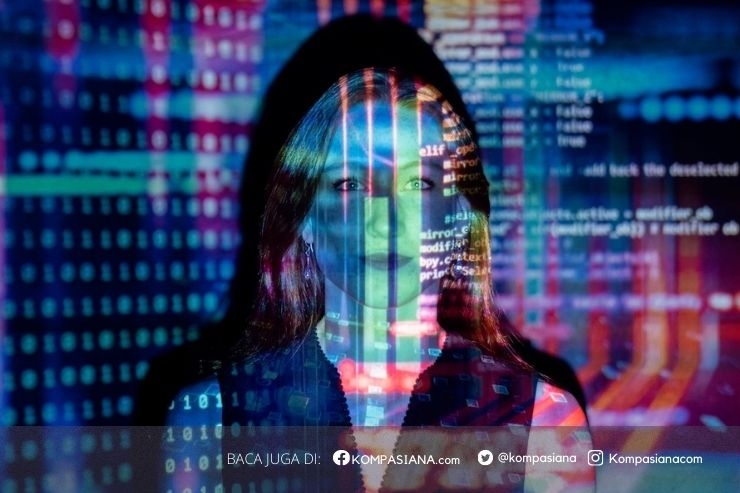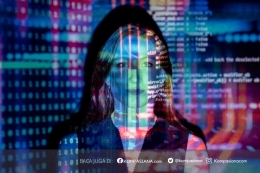Different sustainable development perceptions in developing countries may obscure the main goal of sustainable development. In turn, Sustainable development become radical and rigid to any improvement effort.
Concept of Sustainable Development
The Norwegian Prime Minister, Gro Harlem Brundtland coined 'sustainable development' term in the 1987 World Conference on the Changing Atmosphere, which along with economic growth and environmental protection go hand-in-hand around the world. As a result international environmental cooperation is necessary needed for better future. Yet, Brundtland suggest in her report entitled Our Common Future that creating separately existing environmental institutions is not enough, because environmental issues are an integral part of all development policies. They are crucial economic considerations and sector policies and should be integrated as part of energy decisions, social issues, and other aspects of development project. Nevertheless, there are conceptual overgeneralisation (IUCN, 2006), overemphasized (Langhelle,1999), and overuse (Temple, 1992) as well as different perception in the terms of sustainable development (Wikipedia, 2009; IUCN, 2006; Kates et al., 2005).
Definition of Sustainable Development
Generally, The Brundtland Report defined sustainable as "development that meets the needs of the present without compromising the ability of future generations to meet their own needs". However, there are many different interpretations about "Sustainable Development" as stated here:
- Pattern of resource use that aims to meet human needs while preserving the environment so that these needs can be met not only in the present, but in the indefinite future (Wikipedia, 2009).
- Alternative strategy concerning development of humanity (Gawor, 2007)
- Development path along which the maximisation of human well-being for today's generations does not lead to declines in future well-being (OECD, 2001).
- Combination of several core humanity beliefs: technological and economic optimism, social and political liberalism, and environmental reformism (adapted from Munro, 1995).
Although sustainable development definition itself is vague (Wikipedia, 2009), holistic, attractive, elastic but imprecise, and also neat but inexact (IUCN, 2006). It is definitely accentuated on two fundamental issues, the problem of the environmental degradation that normally accompanies economic growth, and yet the need for such growth to alleviate poverty. That is why that the field of sustainable development can be conceptually fallen into three constituent parts: environmental equality, economic prosperity, and socio-political equity (the triple bottom line).
Sustainable development is also an eclectic concept which has included notions of weak sustainability, strong sustainability, and deep ecology. Different conceptions also show a strong relation between ecocentrism and anthropocentrism (Wikipedia, 2009). Sustainable development with its widespread acceptance and looseness can be used to cover very divergent ideas. Thus, Environmental, policy, economy, even technology issues can be arbitrary attached with the term of ‘sustainability' or ‘sustainable development' that may confused a lot of people (Temple, 1992). Many variety of visions of how all those issues should be maintained shows overgeneralisation and overuse of its concept. In the end, This could end up to meaningless understanding and action (IUCN, 2006).
Another interpretation of Our Common Future is related to the broader framework of normative preconditions and empirical assumptions. It demonstrates that the relationship between sustainable development and economic growth has been over-emphasized, and that other vital aspects of the normative framework have been neglected. Social justice (both within and between generations), humanistic solidarity, sympathy for the world's poor, and respect for the ecological limits to global development, constitute another aspects of sustainable development which are indeed relevant for the growing disparity between developed and developing countries (Langhelle,1999).
In the other hands, no matter what of its facts on different perspectives. It can be summarised that goal of development sustainable is to ensure that it meets the needs of the present without compromising the ability of future generations. Although this profound paradox of sustainability definition have two sides that may rise reformism and radical from sustainable development.
Reformism and Radicalism of Sustainable Development
Sustainable development might be a rediscovery of the Developed countries that has shifted from waste management to pollution prevetion, efficient resource use, and industrial ecology. In other sides, many developing countries has also tried to move from polluting technologies to sustainable technologies in many industrial and service sectors. For instance, develop countries has shifted from waste management to pollution prevetion, efficient resource use, and industrial ecology. And, many developing countries has tried to move from polluting technologies to sustainable technologies in many industrial and service sectors (Munro, 1995). By which is supported by developed countries through its sustainability mechanisms, programmes, and fundings. Moreover, sustainable development in Indonesia for another example, has rise a legal reform action to establish its basic enviromental law and policies. It is the Environmental Management Act No. 23 of 1997 (EMA 1997) which presently stands as the basic environmental law and functions as "an umbrella Act" replaced the Act No. 4 of 1982 which no longer suitable after Agenda 21 were declared on Earth Summit in Rio De Janeiro in 1992.
Nevertheless, The implementation of sustainable development would mean a reversion to pre-modern lifestyles which sets limits on the developing world. While current first world countries polluted significantly during their development, the same countries encourage third world countries to reduce pollution, which sometimes impedes growth (Wikipedia, 2009). By delving into the main sources of dynamism that produced modernity, Orsato and Clegg (2005) argues that a sustainable organizational system rely on special type integration of radicalism into ecological modernization. There is a profound paradox here. On the one hand, the twenty-first century is widely heralded as the era of sustainability, with an alliance of government, civil society and business making strategies for increasing human welfare within limits. On the other hand, the evidence is that the global human enterprise rapidly becoming less sustainable and not more.
Although sustainable development can be defined as alternative strategy concerning development of humanity. This strategy together with antiglobalism and alterglobalism were created in opposition to the globalization processes that are exerting a major influence on the modern world's free market economy. In contrast, sustainable development differs with antiglobalism and alterglobalism. Antiglobalism put forward criticism of globalization and alterglobalism point towards the significance of social sensibility towards globalization. From that point of view, this concept exposes that an insightful reconstruction of present economic and political structures is needed (Gawor, 2007).







